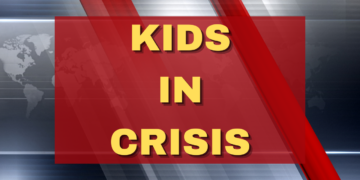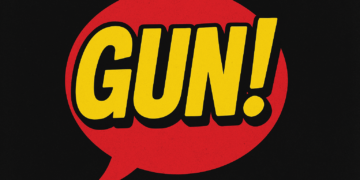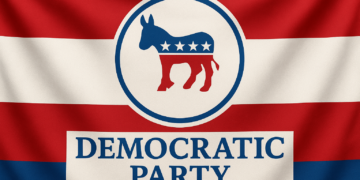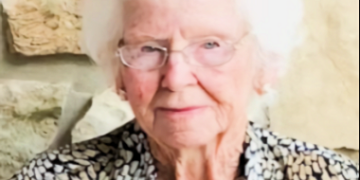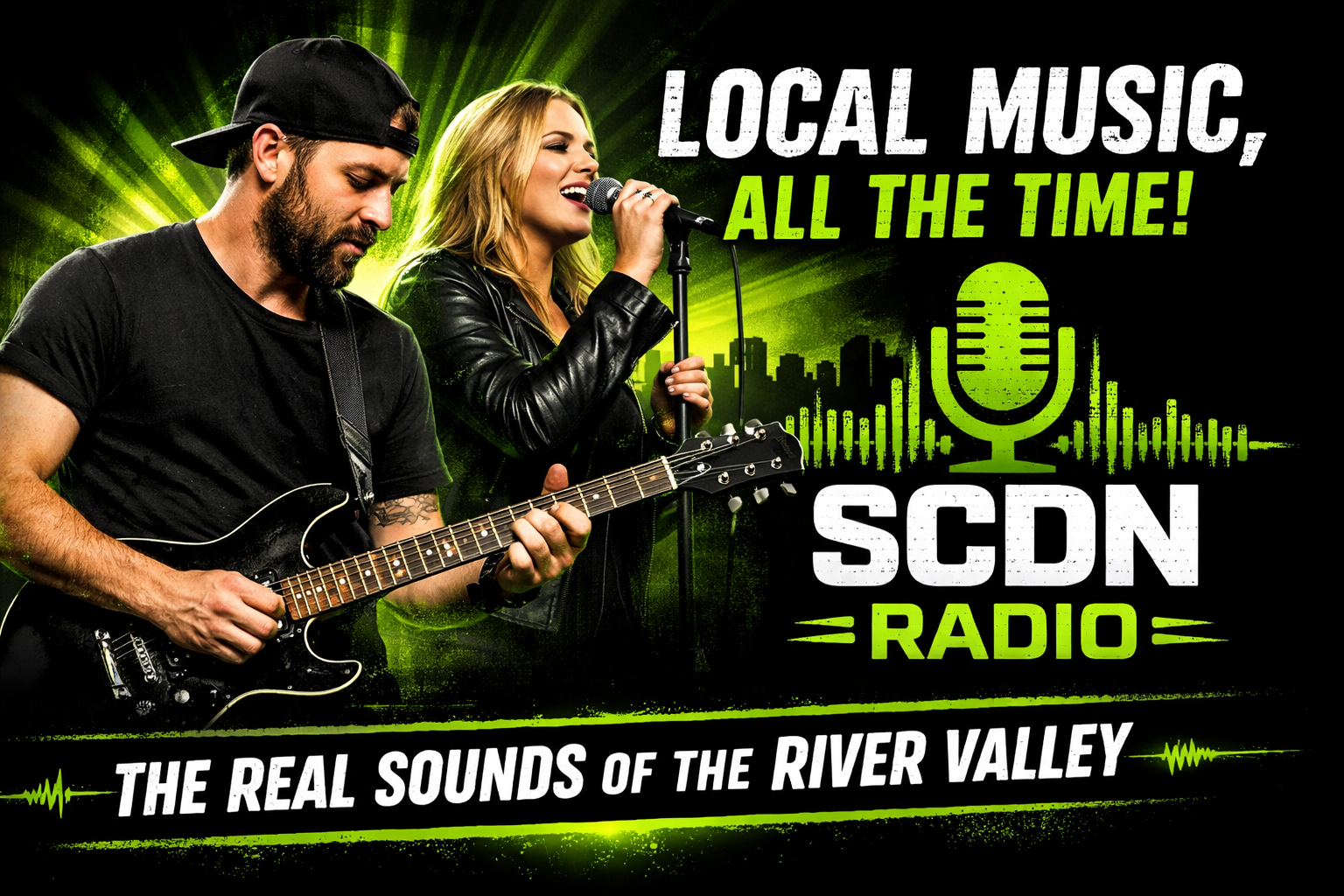Responsible gaming has shifted from a legal afterthought to a visible cost center with real vendors and budgets. Helplines now serve as national touchpoints. Stadiums carry safer play messages—regulators fine operators for stray words in ads. The market is maturing, and so are the contracts around keeping bettors within bounds.
What began as a compliance checkbox has evolved into an industry within an industry, shaped by rule changes, public pressure, and corporate partnerships. The American Gaming Association updated its advertising code. State commissions levy penalties and publish violations. A national helpline became the face of outreach, then entered a courtroom tug-of-war. Large operators fund third-party programs, training, and in-app tools. Together, they form a growing responsible gaming economy.
Marketing Rules and Enforcement
In March 2023, the American Gaming Association revised its Responsible Marketing Code for Sports Wagering. The update banned “risk-free” phrasing and tightened protections for college-aged audiences. AGA leaders cast the move as setting a high bar for responsible advertising, and the code now guides how national brands plan promotions and media buys.
Early enforcement gave the rules teeth. In Ohio’s first weeks of legal wagering, regulators announced fines against several household names for advertising violations, including under-21 outreach and improper promotional terms.
The posture has created a micro market for compliance services. Operators retain counsel and auditing firms to pre-clear copy, monitor affiliates, and keep training current across multiple states. Media partners filter creative more carefully, shifting spend toward placements that can carry helpline and responsible play disclosures without confusion.
For players, increased oversight also means clearer guidance on where to find trusted sweepstakes casinos, as regulated platforms and verified operators gain visibility through compliant marketing and transparent terms of play.
A national helpline becomes a brand
As legalization spread, the country’s primary problem gambling helpline turned into a national brand. States, leagues, and sportsbooks prominently displayed 1-800-GAMBLER across TV broadcasts and digital ads, while advocates promoted text and chat options to reduce friction for individuals seeking help. Visibility requires infrastructure, and call centers must be scaled to handle peaks during major sporting events.
Governance shifted in September 2025 when a New Jersey court ruled that control of 1-800-GAMBLER would be returned to the Council on Compulsive Gambling of New Jersey, which had launched the number in 1983. The episode highlighted a recurring tension in responsible gaming — centralized scale versus state-by-state nuance — but did not alter the day-to-day demand for routing, referrals, and reporting.
Operators turn messaging into programs
Large brands now package responsible gaming as a key part of their customer experience. Messaging appears in retail sportsbooks and on stadium inventory. Apps ship features for deposit caps, timeout reminders, and risk flags. The vendor stack behind those tools blends behavioral analytics, identity verification, and geolocation partners that also work in payments and fraud.
Advocacy groups monitor whether increased visibility translates into improved access to treatment. Helpline data and self-exclusion enrollments shape state reporting.
Case Study: GameSense’s 2025 expansion at MGM Resorts and BetMGM
MGM Resorts and BetMGM expanded the GameSense program in 2025 from brand messaging to a scaled operating layer. The rollout paired visibility in high traffic venues with in-app prompts, advisor staffing, and new research funding. It transformed responsible gaming from a footnote to a service footprint that encompasses customer support, product roadmaps, and media buys.
- Scope: GameSense messaging extended across U.S. retail sportsbooks, team and stadium inventory, and BetMGM digital surfaces, with QR codes and on-screen prompts steering users to tools and resources.
- Staffing: The companies reported more than 1,900 certified GameSense Advisors, with training and scheduling integrated into sportsbook and resort operations.
- Product features: BetMGM highlighted deposit caps, timeout reminders, and risk signal prompts inside the app, positioning safer play tooling as part of the core user experience.
- Research and funding: A dedicated contribution supported external research and program evaluation, with outcomes reporting tied back to regulators and partners.
- Compliance and brand: Stadium and broadcast inventory carried standardized helpline disclosures, aligning campaigns with evolving state rules and the AGA marketing code language on prohibited terms.
States Add Financial Counseling and Research
Beyond helplines and ad rules, states are testing services that blend consumer finance with recovery support. New Jersey introduced free access to financial counseling for residents who report gambling-related stress, offering one-on-one help for budgeting and debt management alongside traditional treatment referrals. Similar programs are being explored in Illinois and Colorado, where agencies are studying links between gambling harm and payday loan use to design earlier interventions and cross-agency data sharing.
The policy emphasis creates funding streams. When agencies commission research or expand counseling, they procure software, training, and clinic capacity. Academic centers and nonprofits respond with proposals. Operators point to these investments when regulators weigh penalties or tax rates, while critics argue that marketing volume remains the strongest driver of harm. The tension highlights how states are learning to balance fiscal opportunity with public health responsibility.
The Business Around the Guardrails
Responsible gaming now touches creative approvals, data pipelines, stadium signage, app design, customer service staffing, and financial counseling contracts. Each touchpoint attracts a vendor and a budget. The work is not only about fewer violations, it is about new workstreams that run month in, month out.
To industry leaders, the evolution is a normal form of maturation. Rules tighten. Helplines get standardized. Considerable brands fund research. The direction is set by regulation, competitive pressure, and the visibility of responsible play in mainstream sports environments.
Closing Thoughts
The responsible gaming economy is no longer a shadow to the main business. It has its own scale, headlines, and procurement cycle. The next test is stability. If the governance of a national helpline can be shifted by court order, and if state rules continue to evolve, the companies that staff call centers, train advisors, and monitor advertisements will need to adapt just as quickly.
For now, the work continues to grow, and so do the invoices.











